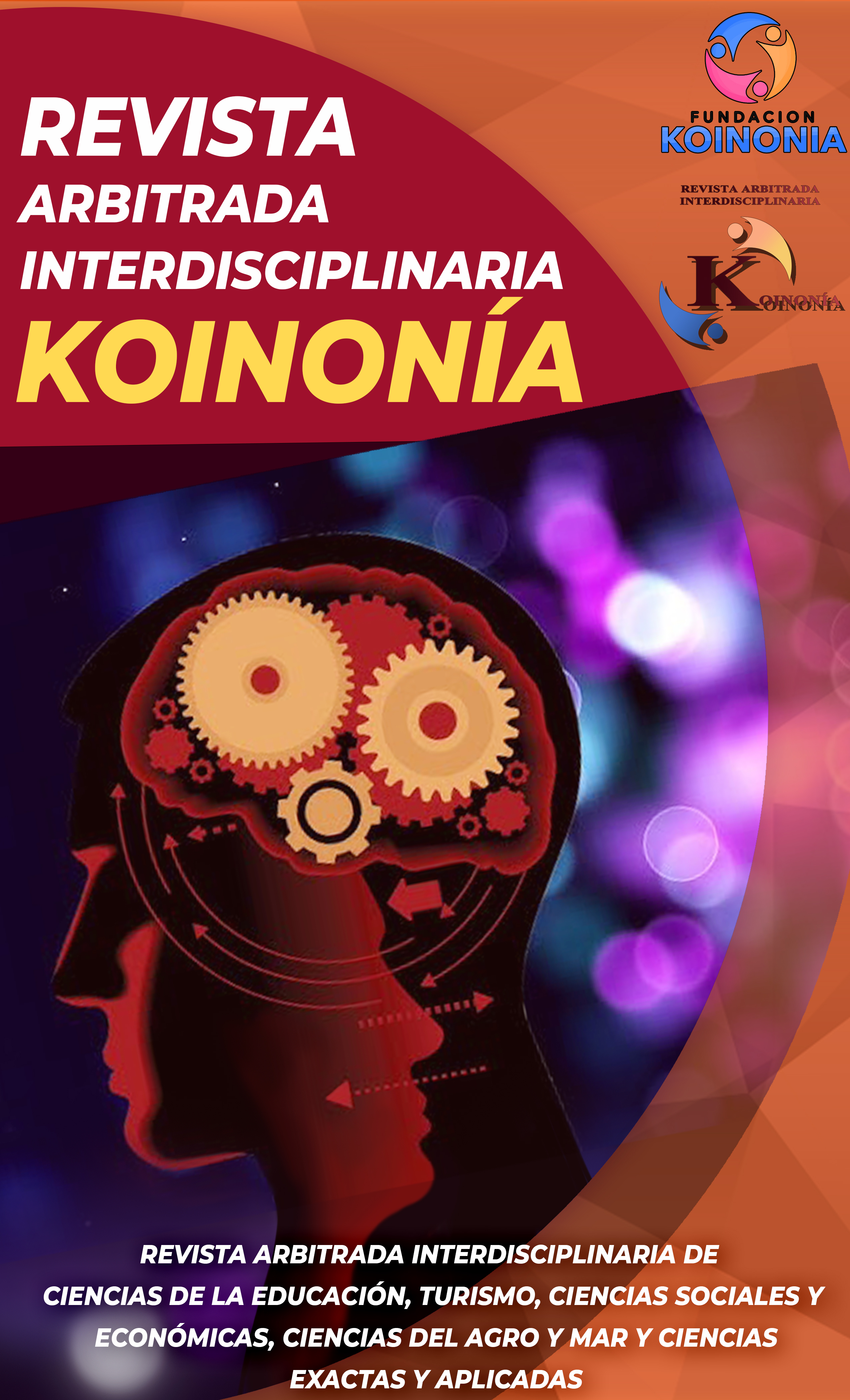Hybrid upper-limb prostheses: a manufacturing proposal based on market and production factors
DOI:
https://doi.org/10.35381/r.k.v10i20.4753Keywords:
Myoelectric prostheses, productive proposal, manufacturing, production, line, market factors, (UNESCO Thesaurus).Abstract
The objective of the research is to design a productive proposal for hybrid prostheses for upper limbs, based on the analysis of productive and market factors for people with disabilities in Ecuador. Qualitative and quantitative methods were used to collect data on upper limb prostheses currently on the market. Demand was quantified using data from various sources within the Ministry of Health, and unmet demand was determined using the simple growth rate method. The production design, optimized with FlexSim software for plant layout, established an annual capacity of 215 units, covering 70% of the need. The economic-financial study confirms its viability: with an investment of $202,194.73, a sale price of $1,532 per unit, and profits of $60,696.51, the indicators are as follows. The project proves to be profitable (68.29%) with a return on investment in two years.
Downloads
References
Baca Urbina, G. (2022). Evaluación de proyectos. McGraw-Hill. https://n9.cl/fwznp
Becerra, J., & Acosta, C. (2020). Estudio antropométrico en población colombiana para diseño de prótesis. Revista Colombiana de Biomecánica, 14(2), 45-56. https://n9.cl/2yddw
Buerke, A., Straatmann, T., Lin-Hi, N., & Müller, K. (2017). Consumer awareness and sustainability-focused value orientation as motivating factors of responsible consumer behavior. Review of Managerial Science, 11, 959-991. https://doi.org/10.1007/s11846-016-0211-2
Capsi-Morales, P., Piazza, C., Catalano, M. G., Grioli, G., Schiavon, L., Fiaschi, E., & Bicchi, A. (2021). Comparison between rigid and soft poly-articulated prosthetic hands in non-expert myo-electric users shows advantages of soft robotics. Scientific Reports, 11, 23952. https://doi.org/10.1038/s41598-021-02562-y
Castro, M. C. F., Pinheiro, W. C., & Rigolin, G. (2022). A hybrid 3D printed hand prosthesis prototype based on sEMG and a fully embedded computer vision system. Frontiers in Neurorobotics, 16, 751282. https://doi.org/10.3389/fnbot.2021.751282
de Souza Pereira, J., Sarkis Moor Santos Xavier, A., da Silva Monteiro, R., Vianna Cruz, V., & Alves Machado, W. C. (2024). 3D-printed orthoses and prostheses for people with physical disability in rehabilitation centers: a scoping review. BMC Musculoskeletal Disorders, 25, Article 783. https://doi.org/10.1186/s12891-024-07875-3
Global Market Insights. (2023). 3D Printed Prosthetics Market to Surpass USD 3,280 Million by 2032. GlobeNewswire. https://n9.cl/2aukh
Gorski, F., Komorowska, O., Zawadzki, P., Kuczko, W., Żukowska, M., Łabudzki, R. & Pǎcurar, R. (2025). Automation of Design of Modular Upper Limb Prostheses. Facta Universitatis, Series: Mechanical Engineering. https://n9.cl/85n7r
Lira Briceño, P. (2021). Evaluación de proyectos de inversión: Guía teórica y práctica. Ediciones de la U. https://n9.cl/fkybk
Marinelli, A., Boccardo, N., Tessari, F., Di Domenico, D., Caserta, G., Canepa, M., ... & Semprini, M. (2023). Active upper limb prostheses: A review on current state and upcoming breakthroughs. Progress in Biomedical Engineering, 5(1), 012001. https://doi.org/10.1088/2516-1091/acac57
Mick, S., Marchand, C., de Montalivet, É., Richer, F., Legrand, M., Peudpièce, A., Fabre, L., Huchet, C., & Jarrassé, N. (2024). Smart ArM: a customizable and versatile robotic arm prosthesis platform for Cybathlon and research. Journal of neuroengineering and rehabilitation, 21(1), 136. https://doi.org/10.1186/s12984-024-01423-9
Morillo, M. T. C., García, C. G., Caballero, A. B., & Gómez, J. T. C. (2025, May). Evolución de las prótesis a través de la historia. In Anales de Ingeniería Mecánica, 1(24). https://n9.cl/t8w14t
Răduică, F. F., & Simion, I. (2024). Development of a Low-Cost 3D-Printed Upper Limb Prosthetic Device with Hybrid Actuation for Partial Hand Amputees. Applied Sciences, 14(19), 8929. https://doi.org/10.3390/app14198929
Salazar, M., Portero, P., Zambrano, M., & Rosero, R. (2025). Review of robotic prostheses manufactured with 3D printing: Advances, challenges, and future perspectives. Applied Sciences, 15(3), 1350. https://doi.org/10.3390/app15031350
Savage, S., Flores-Saviaga, C., Rodney, R., Savage, L., Schull, J., & Mankoff, J. (2022). The global care ecosystems of 3D printed assistive devices. ACM Transactions on Accessible Computing, 15(4), 1-29. https://dl.acm.org/doi/full/10.1145/3537676
Schwartz, D. A., & Schofield, K. A. (2023). Utilization of 3D printed orthoses for musculoskeletal conditions of the upper extremity: A systematic review. Journal of Hand Therapy, 36(1), 166-178. https://doi.org/10.1016/j.jht.2021.10.005
Soriano Morales, G. F. (2024). Sistemas de producción flexibles basados en la industria 4.0 para la manufactura personalizada. Ibero-American Journal of Economics & Business Research, 4(2), 31-37. https://doi.org/10.56183/iberoecb.v4i2.31
Uribe, M., & Székely, M. (2020). Localización y tecnología industrial en América Latina y sus impactos en el medio ambiente. CEPAL. https://hdl.handle.net/11362/20652
van der Stelt, M., Grobusch, M. P., Koroma, A. R., Papenburg, M., Kebbie, I., Slump, C. H., ... & Brouwers, L. (2021). Pioneering low-cost 3D-printed transtibial prosthetics to serve a rural population in Sierra Leone–an observational cohort study. EClinicalMedicine, 35, 100874. https://n9.cl/ozdxy
Wan, J., Li, X., Dai, H.-N., Kusiak, A., Martínez-García, M., & Di, L. (2021). Artificial Intelligence-Driven Customized Manufacturing Factory: Key Technologies, Applications, and Challenges. arXiv preprint arXiv:2108.03383. https://arxiv.org/abs/2108.03383
Published
How to Cite
Issue
Section
License
Copyright (c) 2025 Gloria Elizabeth Miño-Cascante, Carlos José Santillán-Mariño , Allison Dayanara Casillas-Caza , Sandra Marisol Saquisilli-Guaraca

This work is licensed under a Creative Commons Attribution-NonCommercial-ShareAlike 4.0 International License.
CC BY-NC-SA : Esta licencia permite a los reutilizadores distribuir, remezclar, adaptar y construir sobre el material en cualquier medio o formato solo con fines no comerciales, y solo siempre y cuando se dé la atribución al creador. Si remezcla, adapta o construye sobre el material, debe licenciar el material modificado bajo términos idénticos.
OAI-PMH URL: https://fundacionkoinonia.com.ve/ojs/index.php/revistakoinonia/oai.









